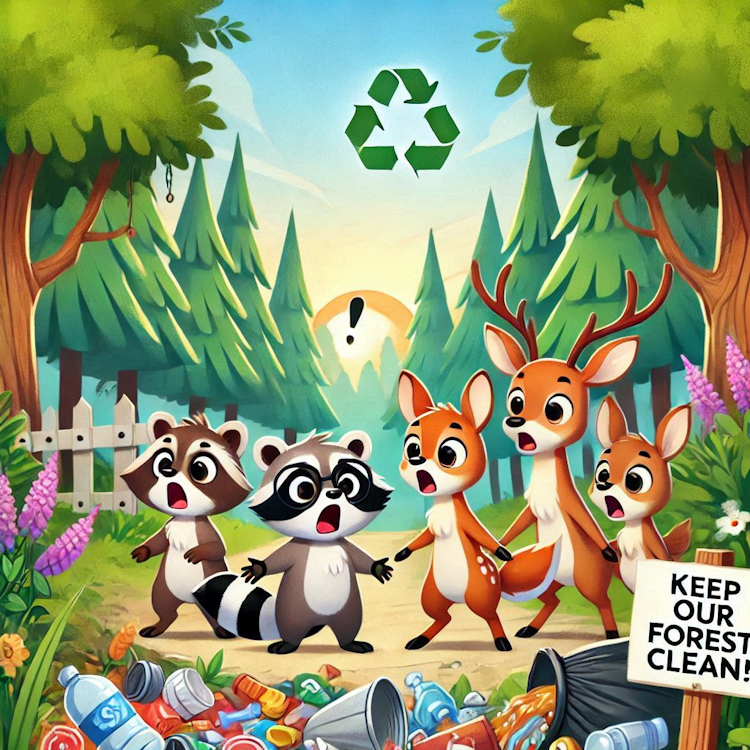Becoming a sustainable community has become somewhat of a buzz word across the United States over the last few years, and Baton Rouge has been no different. The push has come as many neighborhoods across the city were already striving to make positive changes for a better future.
Green with Less Waste
Sustainable communities, by definition, are designed to be environmentally, economically and socially resilient and healthy. The cities and towns work toward integrated solutions to issues rather than just targeting the symptoms of each problem one at a time. This helps them to address environmental problems in the present while offering a long term solution for the future. This prevents the same issues from recurring generation after generation.
But what is a sustainable community? It’s not as complicated as it may sound. In fact, Baton Rouge today is a much more sustainable community than the Baton Rouge that existed just a decade or two ago. Today, residents of the city use fewer natural resources and produce less greenhouse gases. Rivers and lakes have been cleaned up, and water pollution has been greatly decreased. Public parks and greenspaces can be found in almost every neighborhood.
Some neighborhoods even share neighborhood gardens. Many areas offer bike lanes and walking tracks. You may even spot solar panels, windmills or geothermal machinery that is used to supply alternative power to schools, businesses or homes.
Three factors work together to build a more sustainable community. The environment, the economy and social equality all work together to make life better for all residents. The City of Baton Rouge is addressing these factors through sustainable, permanent solutions in order to make the community a better place to live for all people.
Baton Rouge sustainable
Baton Rouge has become a lot more environmentally green over the last few years. Making sure that residents have access to the cleanest water and air possible is vitally important for both today and the for the future.
This has been done by reducing the reliance on cars and traditional fuels. There have also been campaigns to clean up local waterways, and regulations are being enforced to limit industry’s impact on the environment.
Doing everything possible to ensure the city is environmentally green is a big step in ensuring future generations grow up healthy. Clean water and air are important natural resources for all people. By reducing the role cars play and reducing the reliance on traditional fuel sources, air pollution is reduced. Cleaning up waterways and managing natural resources has also helped the city to become more green.
Better waste management
The final piece of this puzzle in ensuring that all residents have their social needs met adequately. This means that everyone has access to high quality health care, education and transportation, no matter their background or income level. This is made possible by encouraging all residents to participate in their local decision making processes.
In order to build a truly sustainable community, all three of these factors must be equally strong. If even one of them is weaker than the others, then the entire community can become less sustainable. To ensure Baton Rouge is a strong city both today and in the future, economic, environmental and social concerns must all three remain foremost in the eyes of local leaders.
Much work has been done recently to make the City of Baton Rouge a more sustainable community, with less illegal dumping. The city’s leaders and residents are dedicated to continue striving toward better environmental health, economic stability and social equality. Because residents are involved, this goal is continuing regardless of changes in the political climates.
The city is using a system of 26 sustainability indicators to track the community’s progress. It also shows where progress can still be made. By using these indicators, residents and city leaders can work with businesses and the government to ensure the city’s residents have a healthy life today and their children can have a healthy life tomorrow.
Dumpster HQ Baton Rouge is committed to better waste management and recycling and supporting the development of more sustainable communities.

